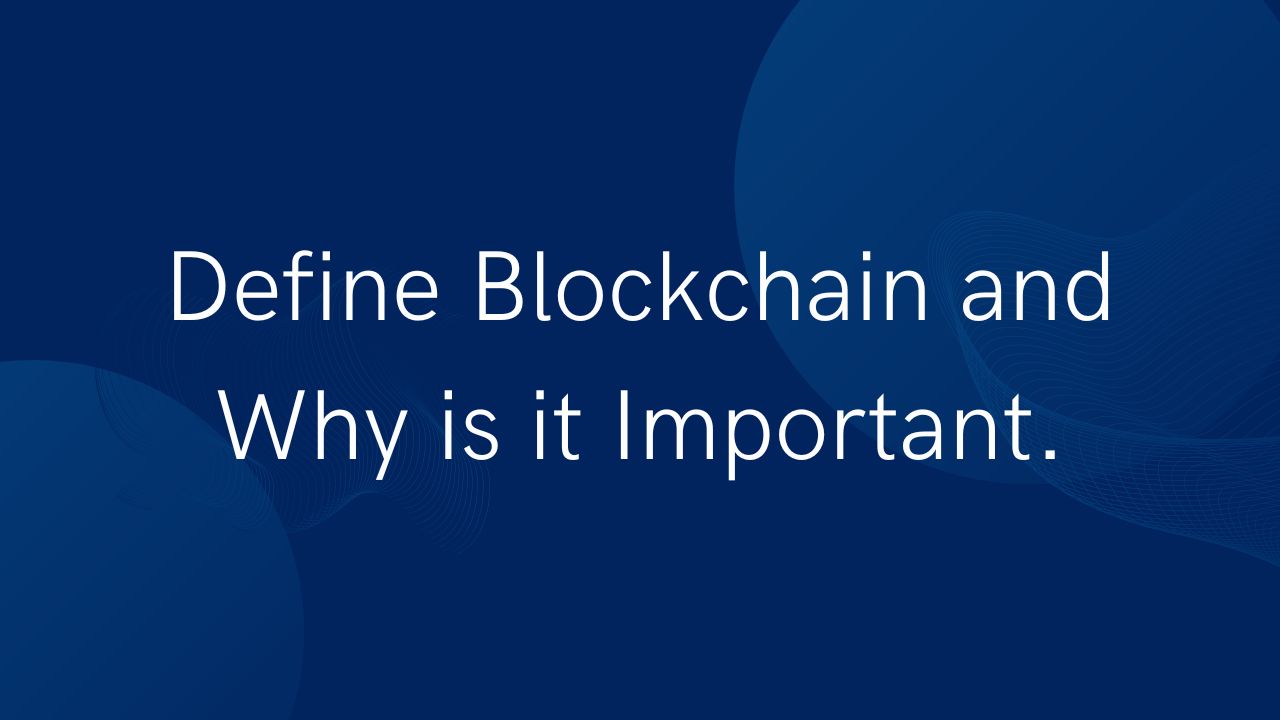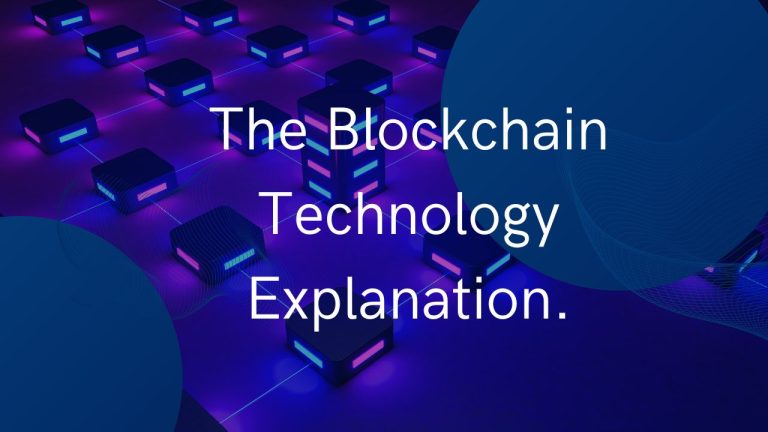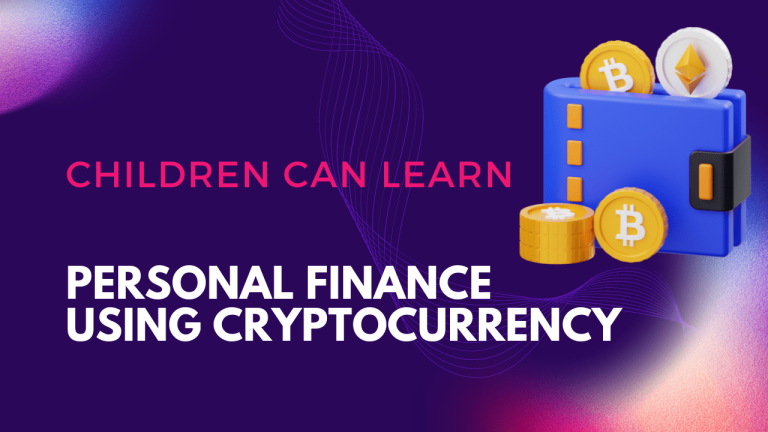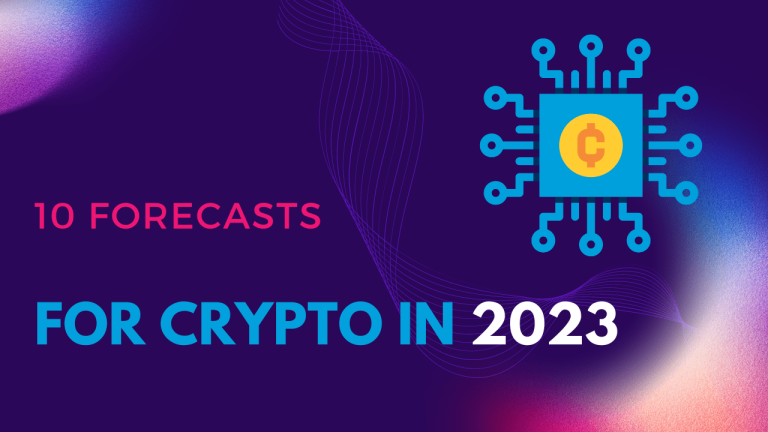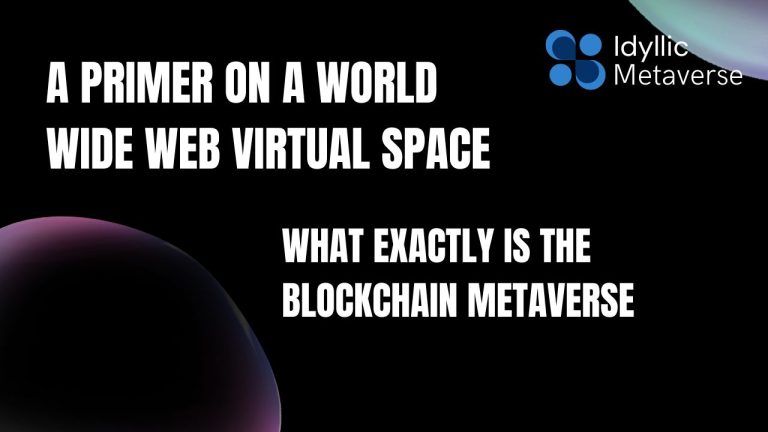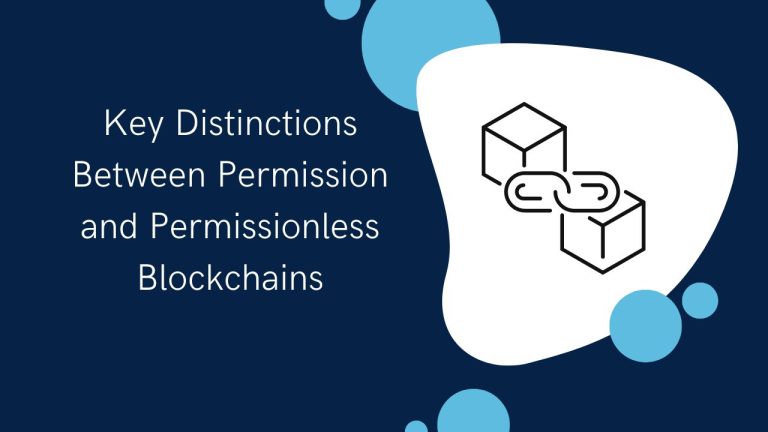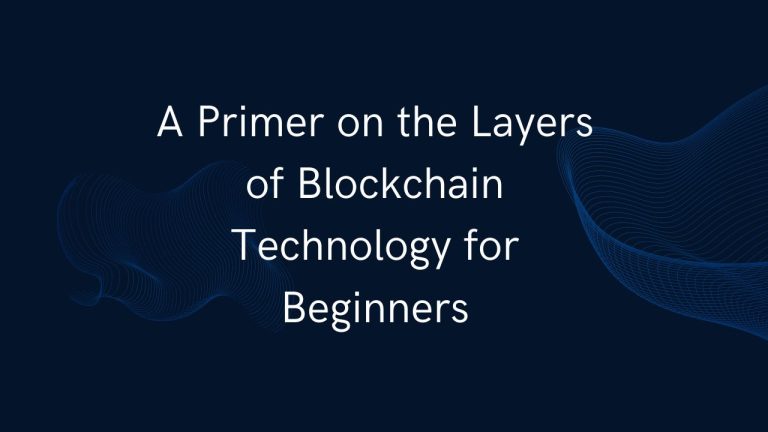Define a blockchain and why is it important.
To store and secure digital data, blockchain technology was first developed in 1991. A Blockchain is a shared public ledger that many people can access at once. The fact that the information is recorded and difficult to change without consent from all parties is one of its main advantages. Every new record becomes a block with a unique hash for identification, according to IBM. By joining the blocks together into a chain of documents, a blockchain is produced. Blockchain technology is used in Bitcoin.
“Multi-step transactions that need these features may be verified and tracked more easily thanks to blockchain technology. It can reduce compliance costs, protect transactions, and speed up data transmission processes. Blockchain technology can simplify contract administration and confirm the origin of a product”.
It can also be used to control the voting platform’s titles and deeds.
Let’s define a blockchain in layman’s words.
Data storage with blockchain technology makes system updates, hacks, and fraud virtually impossible. A blockchain is just a digital database of transactions that is copied and dispersed among the network of computers that make up the blockchain.
Features Do A Blockchain Technology Offer
The following is a list of the main benefits you can expect to experience when using Blockchain technology in your company:
- It is an immutable public digital ledger, so once a transaction is recorded, it cannot be modified.
- Because of its encryption characteristic, blockchain is always secure.
- Because the ledger is automatically updated, transactions are completed quickly and transparently.
- There is no need for an intermediary cost because the system is decentralized.
- Participants confirm and verify the transaction’s legitimacy.

An open digital ledger
In short, a blockchain is an unchangeable public digital ledger. A transaction that has been entered cannot be easily altered. Perhaps an analogy can help illustrate how it functions.
Recall the days when people recorded their purchases and payments in a checkbook register. Consider expanding it to millions of transactions and imagining that thousands of computers each have a copy of the register. Before a transaction can be recorded in the register, it must first be verified by each computer. A transaction is recorded in permanent ink once it has been validated.
Transactions are recorded in the register for a certain amount of time, which could be as little as 10 minutes. After the register has been filled, it is stapled shut and marked with a special alphanumeric sequence. After that, a new register is opened and attached to the first. You end up having a chain of registers eventually.
A blockchain is essentially that. These registers are essentially immutable and unhackable because they are saved across numerous machines. Continuing the analogy, you would have to modify and ungluing each checkbook until you reached the one that had the transaction you wanted to amend. And you would have to go through the same procedure for each registered copy. You couldn’t pull it off undetected.
The fact that information cannot be modified after it has been logged is the public blockchains’ main benefit. There is a permanent record, and since several different entities own the ledger, it is very difficult to hack.
Additionally, the entries are made under pseudonyms, ensuring some level of secrecy, and no one person has complete control over the ledger. A Blockchain is therefore perfect for Bitcoin and other cryptocurrencies.
Additionally, there are a tonne of other things, however, opinions vary on their usefulness in particular situations.
Blockchain Protection
The rise in identity theft is one drawback of the digital shift. Cybercriminals target government datasets. Database intrusions have exposed names, Social Security numbers, birthdates, addresses, and driver’s license numbers of millions of Americans, such as the 2017 Equifax database breach. Blockchain data structures, according to a report by Booz Allen Hamilton, strengthen network security by lowering the chance of a single point of failure, making a database intrusion more challenging.
The management of online identity and internet access is one area where the Department of Homeland Security is looking into blockchain-based data security strategies. According to McKinsey, the technology may be used to store the hash values of citizen documents on the blockchain, enabling governments to deliver a verifiable electronic version of these documents as needed.
Government Accountability is Being Increased
Blockchain technology has the potential to improve security, guarantee data integrity, minimize audit burden, and eliminate duplication in certain applications. The GSA’s Fastlane process, which handles incoming proposals from suppliers, is one procedure ready for optimization. It presently takes 40 days to process incoming submissions, according to Booz Allen Hamilton. However, the GSA anticipates processing them in 10 days thanks to a blockchain approach.
Cutting Back on Government Corruption
The World Economic Forum (WEF) noted five application cases for a blockchain to remedy flaws in governmental institutions, even though it won’t stop crime.
Government contracting and public procurement
Government contracting, according to WEF, is the area of public spending with the highest risk of corruption globally. Through automated contracts, a blockchain-based system can increase objectivity and uniformity while facilitating third-party scrutiny of transactions. Furthermore, participants and transactions would be held to higher standards of responsibility and transparency. However, depending on how it’s implemented, it might be difficult.
Title Registries for Land
As was already indicated, some nations are using blockchain to improve the effectiveness of their land title records. According to WEF, Honduras and India are experimenting with blockchain technology to strengthen property rights and increase transparency in a system that is known to have corrupt practices. A secure, decentralized, publicly verifiable, and immutable record system may be offered by blockchain-based land registries so that persons can demonstrate their ownership of the land. A drawback would be that before blockchain could be used, nations without land registries would need to create and digitize the data.
Spending on grants
The opaque contribution procedure is prone to inefficiency and corruption because of the millions of dollars provided to many institutions. Blockchain has the potential to simplify the process, cut down on the number of managers and actors, and increase verification. According to WEF, a drawback would be excluding those who are less computer-aware from grant payout procedures. Additionally, it wouldn’t discuss how grant money is spent by grantees.
FAQS:
Define the scope of A Blockchain.
In the financial sector, blockchain technology has been brilliantly applied. Demonetization increased demand beyond what financial institutions could handle, underscoring the need for a centralized specialist to handle financial transactions.
The future of blockchain technology?
Blockchain makes it easier for multistep transactions that need verification and traceability to be verified and tracked. It can ensure safe transactions, expedite data transfer processes, and reduce compliance expenses. Blockchain technology has applications for both product audits and contract management.
Bitcoin and A Blockchain the same thing?
Blockchain technology is what underlies cryptocurrencies (among other things). The most popular cryptocurrency is Bitcoin, and it is for it that blockchain technology was developed.
Summary of findings
The use of blockchain technology in commerce, banking, law, medical, and real estate is only going to increase. Enrolling in our Blockchain Certification Training program can assist people of all levels of expertise in learning Blockchain developer techniques and tactics, whether you are an experienced Blockchain developer or you are hoping to enter into this fascinating field.

